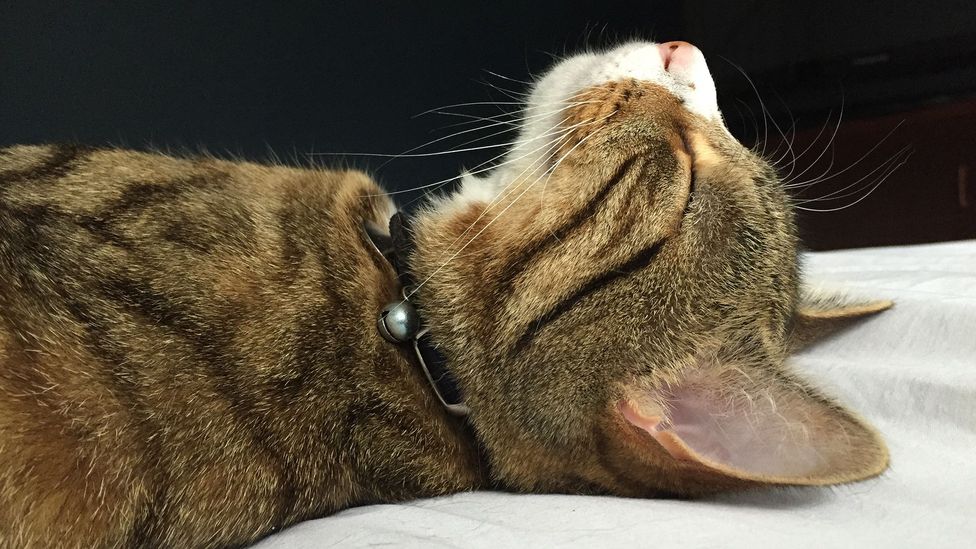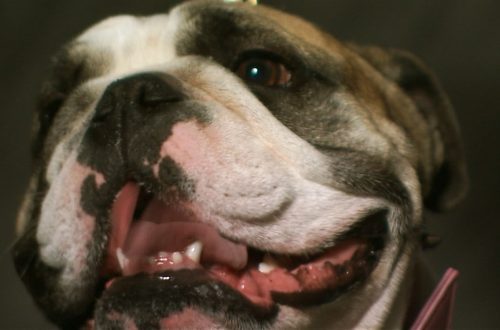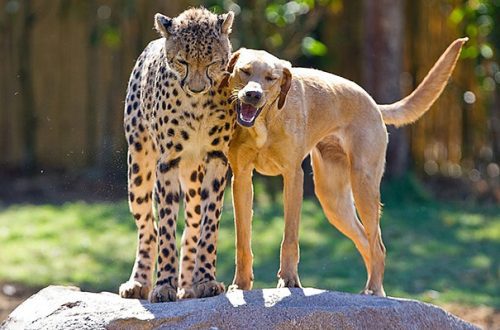
Why do cats purr – All about our pets
Surely every owner of mustachioed-tailed living creatures at least once thought about why cats purr. Surely the pet is simply satisfied with life – we think about this first thing. But is this the only thing?
Why do cats purr: main reasons
So, Why do pets make such sounds?
- When wondering why cats purr, many people assume for good reason that animals express their disposition in this way. And this is the correct interpretation: cats in this way demonstrate that they are glad to see familiar people, to be with them, they are glad to treat, play, scratch behind the ear, etc.
- If at the same time the seals seem to stretch their paws – in common parlance they say that they “crumple”, “trample” a person or, for example, a blanket nearby – then they express an extreme degree of trust in this way. Such sounds, coupled with similar movements of the paws, “transfer” them to childhood, when they behaved in exactly the same way with their mother-cat. Literally, this means – “I love you and trust you just like my mother.”
- Speaking of kittens: they begin to purr literally on the second day of life! So they show that they are quite full and happy. And sometimes they constantly “vibrate” so that the mother accurately determines their location and feeds them.
- This behavior persists into adulthood, when the cat purrs, demanding lunch from a person. This, one might say, is an unobtrusive hint that it is time to eat.
- The mother cat also purrs, addressing these sounds to her offspring. In this way, she encourages kittens, calms them down. After all, babies who have just been born are literally scared of everything around!
- Adult cats also purr when communicating with each other. By making such sounds, they demonstrate to the opponent that they are very peaceful, and that they are not interested in showdowns.
- But sometimes a cat purrs when it’s stressed. And all because purring calms him down! It has, no less, healing properties, but we’ll talk about that later.
- However, it also happens that the cat has stopped purring sharply, and instead of this pleasant sound, it bites the next second. What does it mean? Literally, the fact that a person with his attention is already tired, and stroking should be stopped. Like people, cats have different personalities, and sometimes they are very capricious.
How does purring affect on the cat’s body: interesting facts
А Now let’s talk in more detail about How exactly does purring affect cat body:
- More purring occurs with a frequency from 25 to 50 Hz. This vibration helps recover from fractures and even normalizes bone tissue. Moreover, the stronger the problem, the more loud purring cat. By the way, not only homemade! Wild cats – lions, tigers, jaguars, etc. – always practiced this way treatment. And healthy people can purr too. animals next to the sick – it is considered that in this way they help their relatives. And sometimes such murmuring acts as prevention of bone problems.
- That touches the joints, then their cats can put in order – namely, to improve mobility. To do this, turn on range from 18 Hz to 35 Hz. So, if there was sustained an injury that affected condition of the joints, the cat will purr exactly at that frequency.
- Tendons recover faster if the cat “turns on the purr” to a purity of 120 Hz. However, there are some fluctuations in one direction or another, but no more than at 3-4 Hz.
- If pain, feline begin to “vibrate” with a frequency of 50 to 150 Hz. That’s why cats purr when they are in pain, they help with vibration yourself. This paradox surprises many. however, if you know the cause of the phenomenon, everything becomes clear.
- Muscles recover wide enough sound spectrum – it ranges from 2 to literally 100 Hz! All depends on how significant problems are observed with the muscles.
- His frequencies also require pulmonary diseases. If they wear chronic character, then the cat can constantly purr “in mode” 100 Hz. If they are observed deviations are minor.
feline purring is not yet a phenomenon end studied. The experts claim that there is more to think about in this matter. However, in general terms, understand why does the pet start make such sounds when, for example, pet him, quite possible.





